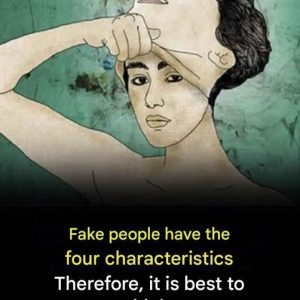I thought I knew the man I married. For two years, Jeremy and I shared dreams of building a life together—until he began disappearing on the first Saturday of every month with vague excuses like “running errands.” At first, I dismissed it, but as his stories grew inconsistent and his behavior more nervous, suspicion crept in.
Jeremy’s strange deflections—especially about visits to his supposedly unfriendly Aunt Lina—pushed me to act. I planted a GPS tracker on his car and followed him one rainy Saturday. He drove to a rundown neighborhood and entered a dilapidated house. What I found inside would change everything: a grief counseling group for people who had lost their spouses.
Inside, Jeremy stood holding a photo, claiming to mourn his wife “Hannah,” who had died of cancer three years earlier. Shocked and confused, I confronted him. On the porch, he confessed the truth—Hannah never existed. He had been impersonating widowers, addicts, and patients to attend support groups as “acting practice.” Rejected by his parents for pursuing acting, he created these roles in secret to develop emotional depth.
I drove home in stunned silence. The man I loved had spent months lying to vulnerable people—and to me. His elaborate deceptions made me question the foundation of our marriage. Could I ever believe anything he said again?
Now, Jeremy sleeps in the spare room. The silence between us is heavy. Trust, once broken, isn’t easily repaired. And I can’t stop wondering: if someone can fake grief that well, how can you ever know what’s real?




